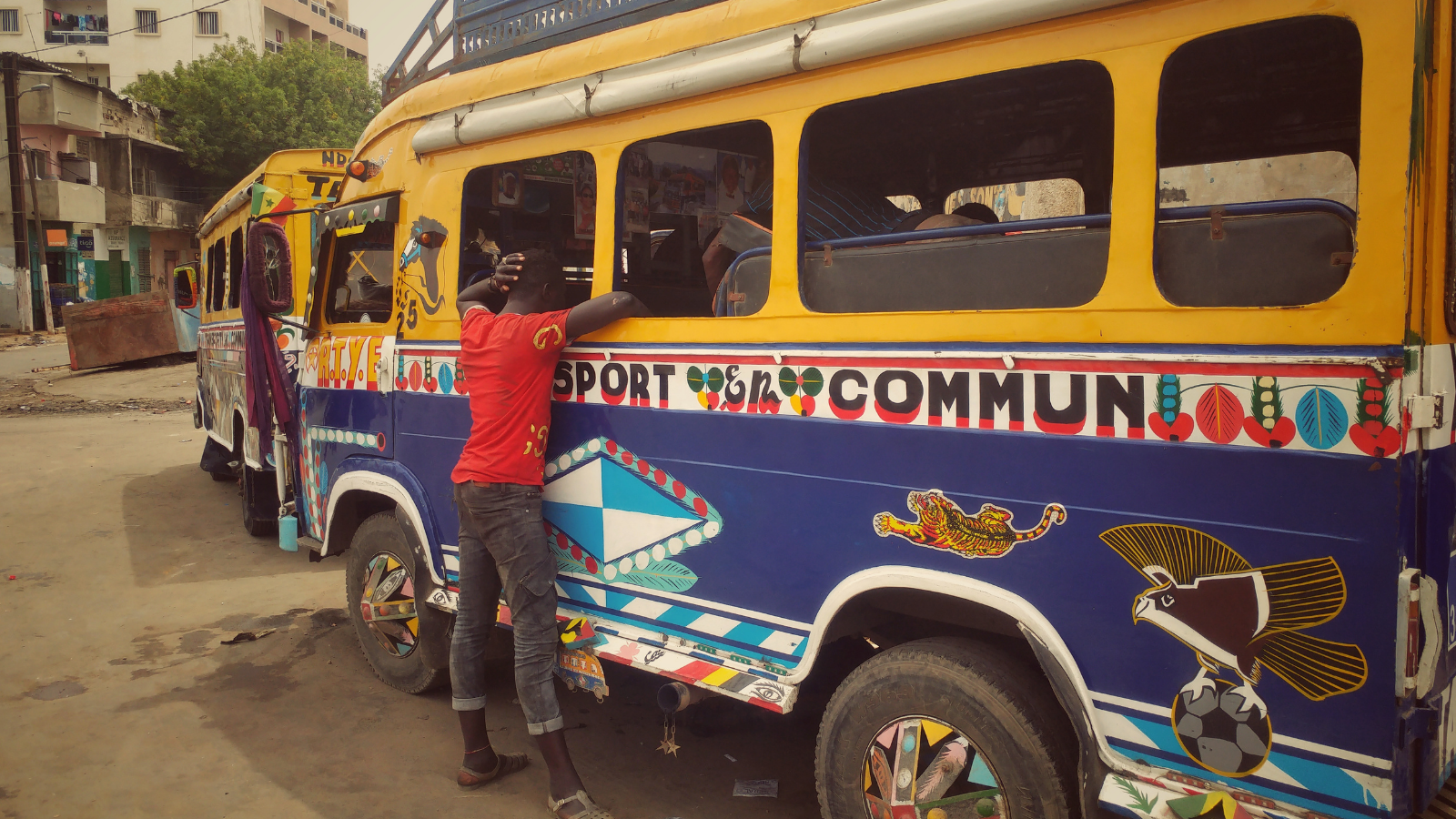New research examining the intersections of transport, poverty, resilience and gender concludes that the COVID-19 pandemic has exacerbated existing inequalities for women and people with particular vulnerabilities in Sub Saharan Africa. The research was conducted in South Africa, Uganda, Nigeria and Kenya where there were widespread transport restrictions due to lockdown measures.
Gail Jennings, Heather Allen and Emma Arogundade conducted the research as part of the High-Volume Transport (HVT) programme funded by UK Aid. This has recently published it in a report: ‘Gaining or losing ground – ensuring that ‘post-COVID-19’ transportation serves the needs of women with low-income in Sub-Saharan African cities’.
The study investigated the unforeseen risks and impacts of the rapid responses to the pandemic, especially in relation to urban transport, that particularly affected the mobility of women with low income. It looked at the impacts of COVID related containments, particularly in terms of health (mental and physical), job-losses, and gender-based-violence.
The researchers found that there is broad consensus that the crisis has worsened existing inequalities, in addition to creating new ones, and has been a disaster for women’s empowerment. It is also likely to push more women out of the job market and down the gender pay gap ladder after decades of incremental improvements. A key finding of interest is that the answers to gender-sensitive transport planning are in many cases known, but rarely implemented.
The report includes several recommendations for short-term actions during the immediate COVID-19 emergency and recovery and period such as:
- Invest in routes to food security.
- Increase access for, and to, essential workers and healthcare workers.
- Provide physical and digital access to education; and
- Ensure that gender-based violence (GBV) services are accessible.
It also recommends actions to ensure enduring gender-sensitive transportation such as:
- Recognise the multiple ways in which women move.
- Ask women what their needs are – and listen to what they say.
- Empower women and girls through transport.
- Revisit ways in which to provide subsidised services.
- Concentrate on making transport safe for women
- Plan for everyone.
The study was conducted through a combination of literature review and in-depth interviews with transport and gender experts and representative organisations from the countries in scope. Findings are reported under a wide variety of themes such economic impact; transport availability and cost; essential workers and transport vulnerability; domestic responsibility; women who work in transport, loss of agency; personal security, harassment and violence; access to physical and mental healthcare; education; walking; cycling; and participation in decision making.
The study was funded by the HVT programme’s Response & Recovery Transport Research Fund which has supported 21 projects to develop insight and evidence into the impact of COVID-19 on transport systems in Low-Income Countries.






